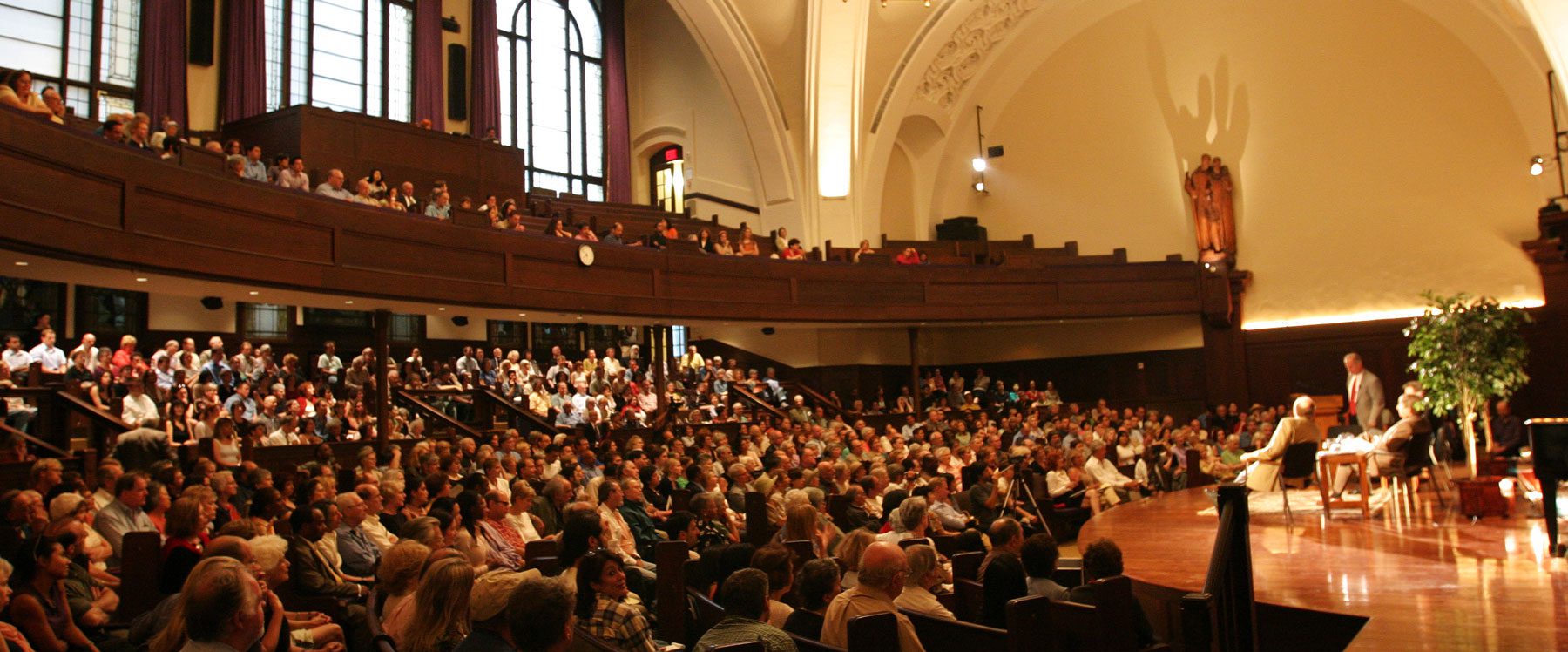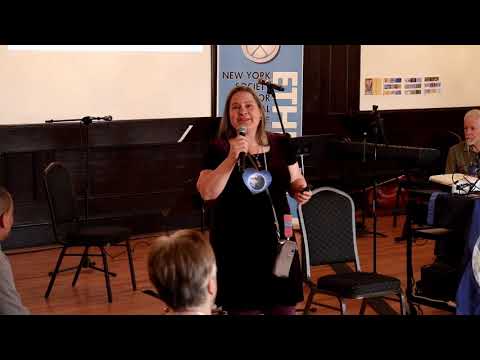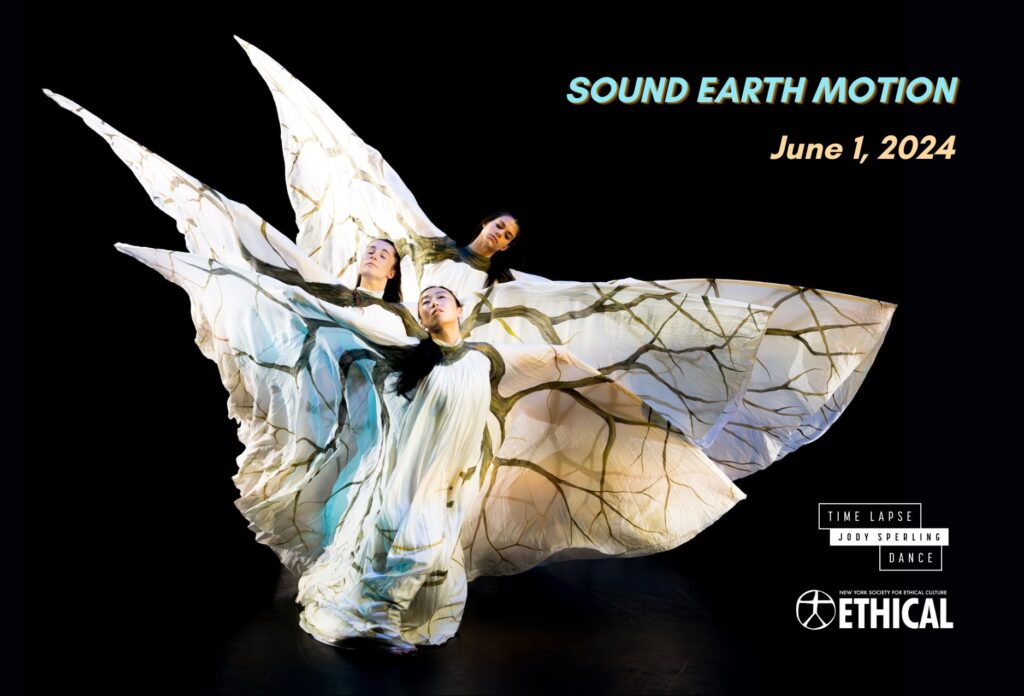
There is a story I often tell about Felix Adler at our monthly receptions for newcomers. Because the architecture of our meeting house can seem austere and our vision a little unclear (religion or not religion?), I introduce Ethical Culture through its founder, a young man who wondered what life would be like if we put ethics first – and then did it.
Felix was expected to inherit his father Samuel’s position as head rabbi at Temple Emanu-El, a Reform Jewish synagogue in Manhattan. His family came from Germany in the mid-19th century to join this congregation and help it grow. By all accounts, Felix learned his lessons well from his scholarly father who guided his reading in the family’s enviable library and his compassionate mother whom he accompanied on visits to poor families with baskets of food and clothing. If his school teachers thought that he should study as hard as his brother, who was destined to become a doctor, they also appreciated his help with the younger children. Everyone recognized him as a serious and deep thinker who also enjoyed word play, especially puns.
When it came time to study for the rabbinate, Felix left for Heidelberg and Berlin. Imagine him far from the love and security of his home. Yes, he was fluent in German and well prepared academically, but he had grown up in a privileged American setting. Student life in Germany was wild: no dorms with empathetic RAs and “helicopter” (hovering) parents Skyping every day; students lived on their own and attended lectures, wholly responsible for their education. Felix was exposed to both intellectual heights and social depravity. He was shocked that his esteemed teachers didn’t incorporate literary criticism into biblical study and that his fellow students frequented prostitutes. When it became clear to him that the Torah was ancient mythology, he turned to philosophy for a moral foundation. He attended political rallies and observed labor upheavals, which drew him to sociological studies. Young Adler was engaged in an independent study far from what his parents and congregation had envisioned for him. Legend has it that when his mother received a letter expressing Felix’s enthusiasm for philosopher Emmanuel Kant, she replied that “no good can ever come of studying philosophy” and insisted he return home.
Return he did and, at the age of 23 years, delivered a sermon at Temple Emanu-El called “The Judaism of the Future.” Now it was his turn to shock: Adler didn’t mention God and introduced his concept of Judaism as a universal religion of morality for all humanity. It was his first and last sermon at his father’s synagogue. Soon it became clear that he would not become a rabbi, and members of the congregation helped him gain a teaching position at Cornell University where he became popular with students for his radical religious ideas that included an understanding of labor struggles and power politics. Others, however, attacked him as an atheist, and Cornell declined to accept the grant that paid Adler’s salary, so he returned to New York City. And that is where, in Standard Hall on May 15, 1876, Ethical Culture was founded.
Today Ethical Societies and the Ethical Culture Fieldston School celebrate Founder’s Day in early May. We hark back to young Adler’s founding address and continue to find inspiration there, not least because the conditions about which he spoke still persist and demand our action. “There is a great and crying evil in modern society. It is want of purpose. It is that narrowness of vision which shuts out the wider vistas of the soul. It is the absence of those sublime emotions which, wherever they arise, do not fall to exalt and consecrate existence.”
We still need a religion without the trappings of ritual or creed that unites us all – theists, agnostics and atheist – in ethical social action. “Believe or disbelieve as ye list — we shall at all times respect every honest conviction. But be one with us where there is nothing to divide — in action. Diversity in the creed, unanimity in the deed! This is that practical religion from which none dissents. This is that platform broad enough and solid enough to receive the worshipper and the ‘infidel.’ This is that common ground where we may all grasp hands as brothers, united in mankind’s common cause.”
Today we include women and the LGBTQ community on his platform. As Adler well knew, ethics would continue to progress, embracing new groups of people and empowering them to claim their rights. The Ethical Movement he founded is now part of a larger Humanism that extends globally and touches everyone who puts “deed above creed.” We hear his voice echoing from Standard Hall in 1876:
“The time calls for action. Up, then, and let us do our part faithfully and well. And oh, friends, our children’s children will hold our memories dearer for the work which we begin this hour.”







